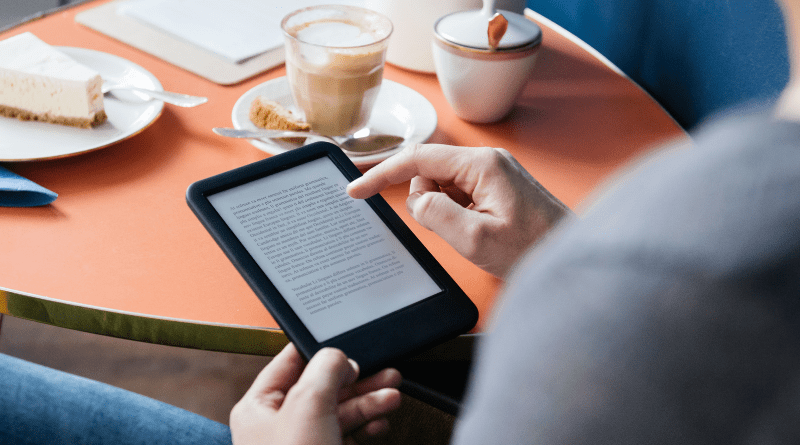Digital Reading for a Sustainable and Knowledge-Driven Future
Books have always shaped ideas and built bridges across generations. But the way people engage with them is evolving fast. Printed pages still carry weight but digital reading is stepping up as both a practical and mindful choice. From lowering paper demand to widening access across borders this shift offers more than just convenience.
In the quiet hours of early mornings or the pause between tasks many now reach for e-books instead of paperbacks. And anyone interested in free online reading eventually discovers Z library where a vast trove of knowledge waits with open arms. This shift doesn’t mean tradition is fading. It means knowledge is traveling lighter faster and farther.
Knowledge Without Borders
Reading once belonged to those who had a library card or a budget for bookstores. Today with an internet connection a reader in Dhaka can browse the same materials as one in Dublin. That kind of reach was unthinkable a generation ago. Digital libraries have quietly broken down barriers of geography and income making learning possible where it was once out of reach.
That access also empowers lifelong learners who never stop chasing answers. Whether brushing up on climate science or diving into the history of art they are reshaping what it means to be informed. In some academic discussions https://en.wikipedia.org/wiki/Z-Library comes up not just for its scale but for the curiosity it fuels.
Sustainable Reading Habits for a Smarter Planet
Paper production takes trees water and energy. Every downloaded book means one fewer printed copy one less shipment one less chance of a book gathering dust on a forgotten shelf. That’s not just an environmental win. It’s a smart way to conserve resources while feeding the mind.
The change also reflects the spirit of reuse and purpose-driven living. People no longer keep books just to display them. They keep ideas instead—highlighted bookmarked and searchable. That shift reflects a deeper awareness not just about the planet but about the value of time and mental space.
A few reasons digital reading is reshaping the way people think and act:
- Convenience That Supports Curiosity
No need to carry bags of books or plan library visits. With a few taps on a device readers can switch from poetry to physics. That freedom supports spontaneous learning which often leads to stronger engagement. Many discover that curiosity becomes a habit rather than a chore when access is this easy.
Digital copies travel fast. An article found in Kyiv can be shared with a student in Nairobi in seconds. This means knowledge moves through communities more freely creating informal networks of learning. The ripple effect of one good read can be surprisingly wide when the format is fluid.
E-readers use far less energy over their lifetime than the production and shipping of thousands of printed pages. With solar charging and longer battery life the technology behind e-reading has quietly aligned with sustainable goals. Every small change adds up—especially when readers number in the millions.
At the same time this transformation doesn’t erase the joy of reading in quiet corners or the smell of an old paperback. It simply offers more ways to access ideas and share them widely.
Turning Pages Without Paper
Not everyone adjusts to screens easily. Eyes get tired. Pages don’t flip. Still the benefits stack up. The bookmarks are digital. The notes searchable. The dictionary a single tap away. These tools quietly enhance the reading process and help readers build deeper understanding with less effort.
People used to store books in boxes and attics. Now they carry them in their pockets. This shift might feel subtle but it’s changing how people approach learning and thinking. When knowledge is easier to reach it’s harder to ignore. That might just be the quiet revolution everyone needed.
